From the moment the pregnancy test showed a positive result, your mind may have been occupied with ways to prepare for the new baby. From scheduling doctor visits to picking out a car seat, there is so much to do to get ready.
The good news is that this process doesn’t have to be an overwhelming experience. By following a simple checklist, you can feel confident bringing your bundle of joy home.
When preparing for a baby, it’s important to be flexible as circumstances can change over the course of a pregnancy. The following tips can help you ease into this exciting, life-changing event and experience a smoother pregnancy and delivery.
1. Create a Birth Plan
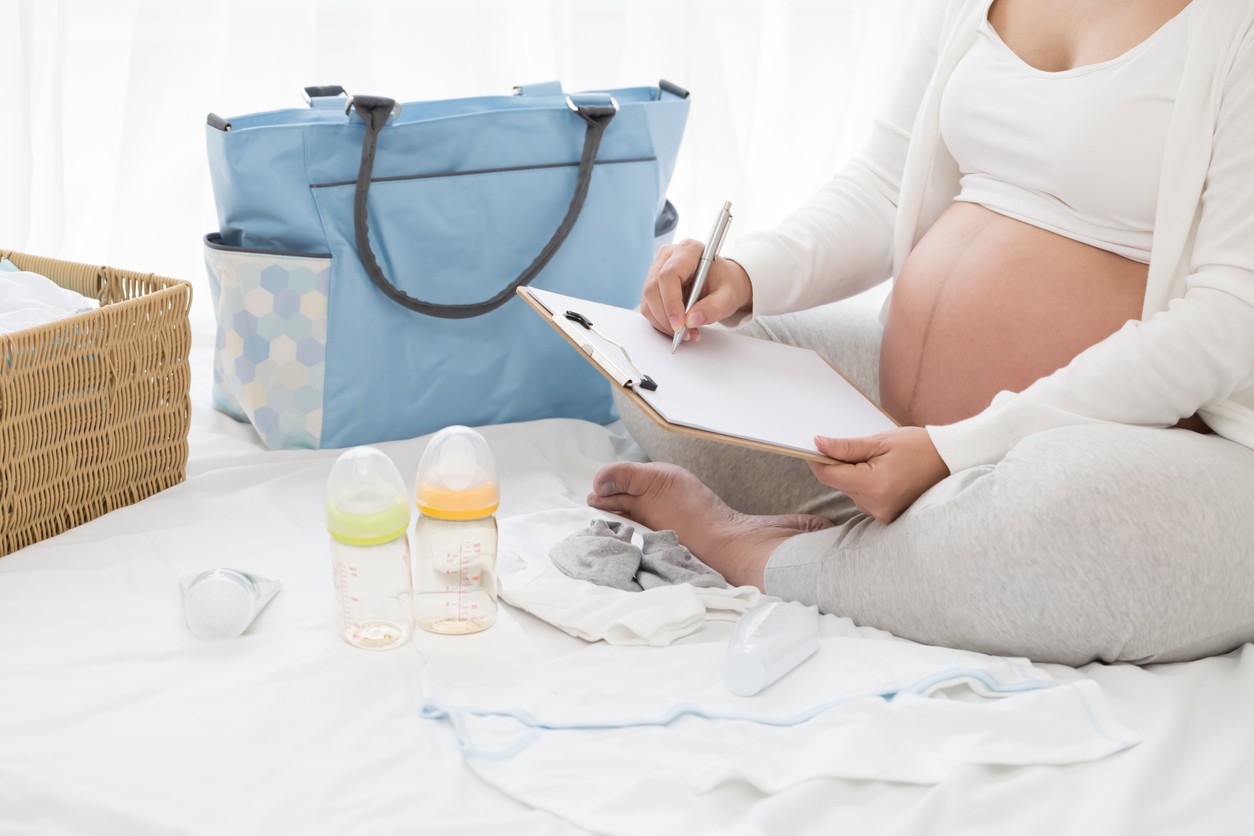 A birth plan is a document that outlines your labor and delivery preferences. It typically includes the name of your primary support person, who you want in the room with you, and what you want in the room, such as a tub or shower, dimmed lights, or music.
A birth plan is a document that outlines your labor and delivery preferences. It typically includes the name of your primary support person, who you want in the room with you, and what you want in the room, such as a tub or shower, dimmed lights, or music.
Birth planning should also include your preferences on pain relief (e.g., are you planning a medicated or unmedicated delivery?) Include preferences about the birth itself, such as preferred positions for pushing and how you feel about alternative measures like vacuums, forceps, and episiotomies.
When learning how to create a birth plan, ask yourself questions that your medical team may have, such as who will cut the cord, if you want a mirror to see what is happening and if you plan to breastfeed or use formula.
When creating a birth plan, try to keep it short and simple, ideally one page. Use bullet points to make it easier to read. You can also include a short paragraph introducing yourself and your partner.
2. Take Childbirth and Infant Care Classes
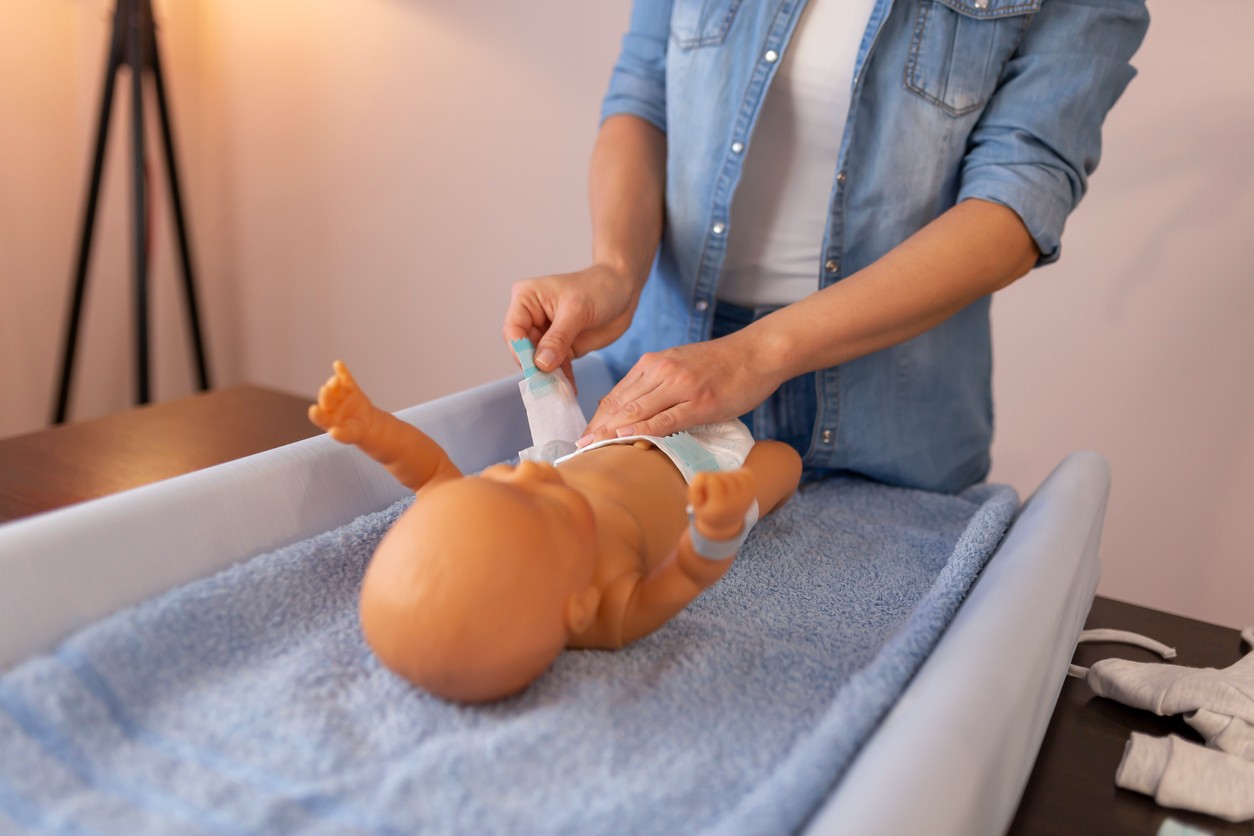 First-time moms and sometimes even experienced moms have questions or concerns when it comes to childbirth and parenting. Childbirth and infant care classes can teach expecting moms how to prepare for a baby and what to expect during each milestone.
First-time moms and sometimes even experienced moms have questions or concerns when it comes to childbirth and parenting. Childbirth and infant care classes can teach expecting moms how to prepare for a baby and what to expect during each milestone.
Birthing classes are often offered through birthing centers or local hospitals. Some review labor techniques, while others focus on specific methods, such as the Bradley or Lamaze method. It can be beneficial to attend these classes with the person who will support you during labor.
If you have never cared for a newborn, consider signing up for infant care classes. These classes are often offered by hospitals, community centers, or even places of worship. They typically cover the basics of infant care, such as diapering, feeding, and bathing a newborn.
3. Purchase Baby Gear
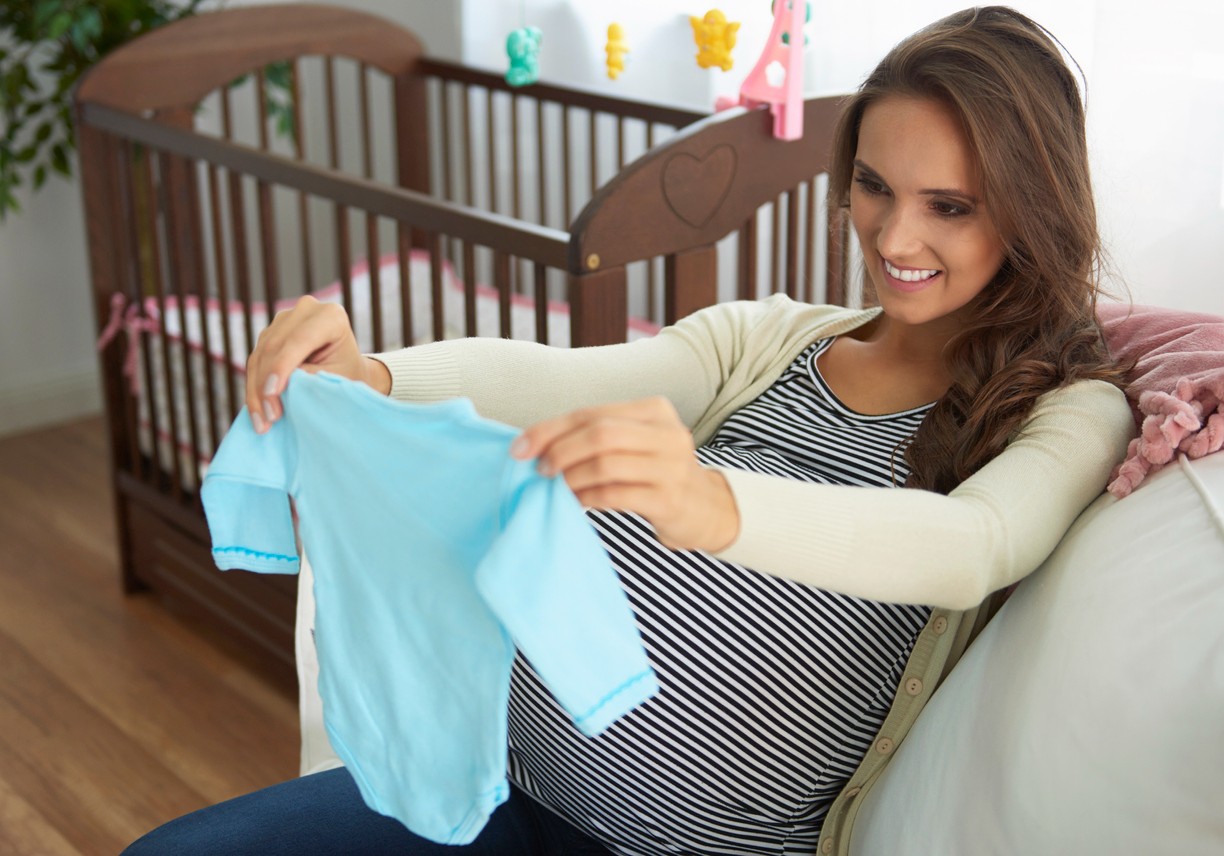 New parents will often find that they need more items for their baby than they first realized. Consider creating a baby registry wish list or ask for the following essentials at your baby shower:
New parents will often find that they need more items for their baby than they first realized. Consider creating a baby registry wish list or ask for the following essentials at your baby shower:
- Wardrobe Essentials – Choose practical baby clothes that will keep your newborn comfy. You’ll want several onesies, shirts, pants, one-piece pajamas, and sweaters. You may also want a couple of dress-up outfits, as well as socks, newborn hats, and no-scratch mittens.
- Nursery Essentials – While every newborn nursery is different, you may want to consider a crib, cradle, or bassinet, as well as a firm, flat mattress that fits snugly in the crib. Other considerations include a rocking chair, baby monitor, and changing table.
- Diapering Essentials – Before the baby comes home, stock up on diapers, unscented baby wipes, and diaper cream. Some parents like the ease of disposable diapers, while others prefer reusable cloth diapers.
- Baby Feeding Essentials – Whether you are bottle-feeding or breastfeeding, you’ll want to have a few things on hand. This includes bottles and nipples, a bottle brush, a highchair, bibs, and formula (if not nursing). If you plan to breastfeed, you may need a breast pump, milk storage bags, nursing pads, and nipple cream.
- Baby Gear Essentials – You may also want to have some other baby gear on hand, such as a car seat, baby carrier, stroller, baby swing, and play mat.
4. Buy Household Essentials
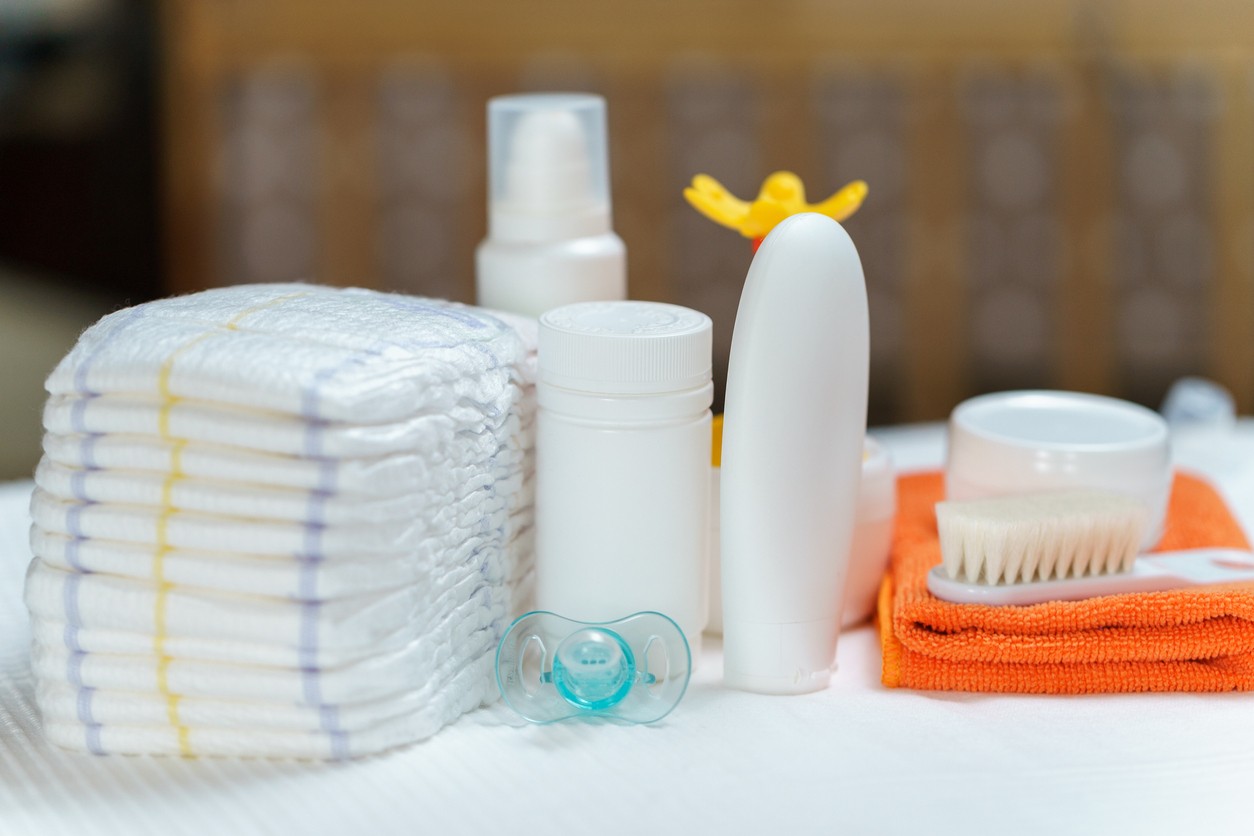 When you have a newborn at home, it can be hard to find time to shop for household essentials. Stocking up on these items ahead of time allows new parents to spend those precious first few weeks with their baby.
When you have a newborn at home, it can be hard to find time to shop for household essentials. Stocking up on these items ahead of time allows new parents to spend those precious first few weeks with their baby.
Start by purchasing some extra cleaning supplies. Opt for a multi-purpose cleaning spray, sponges, kitchen towels, laundry detergent, dish soap, sanitizing wipes, and trash bags.
Also, consider stockpiling toiletries. Toilet paper, toothpaste, tissue paper, hand sanitizer, hand soap, body lotion, and shampoo and conditioner can help new parents feel clean and refreshed.
5. Prepare and Freeze Meals
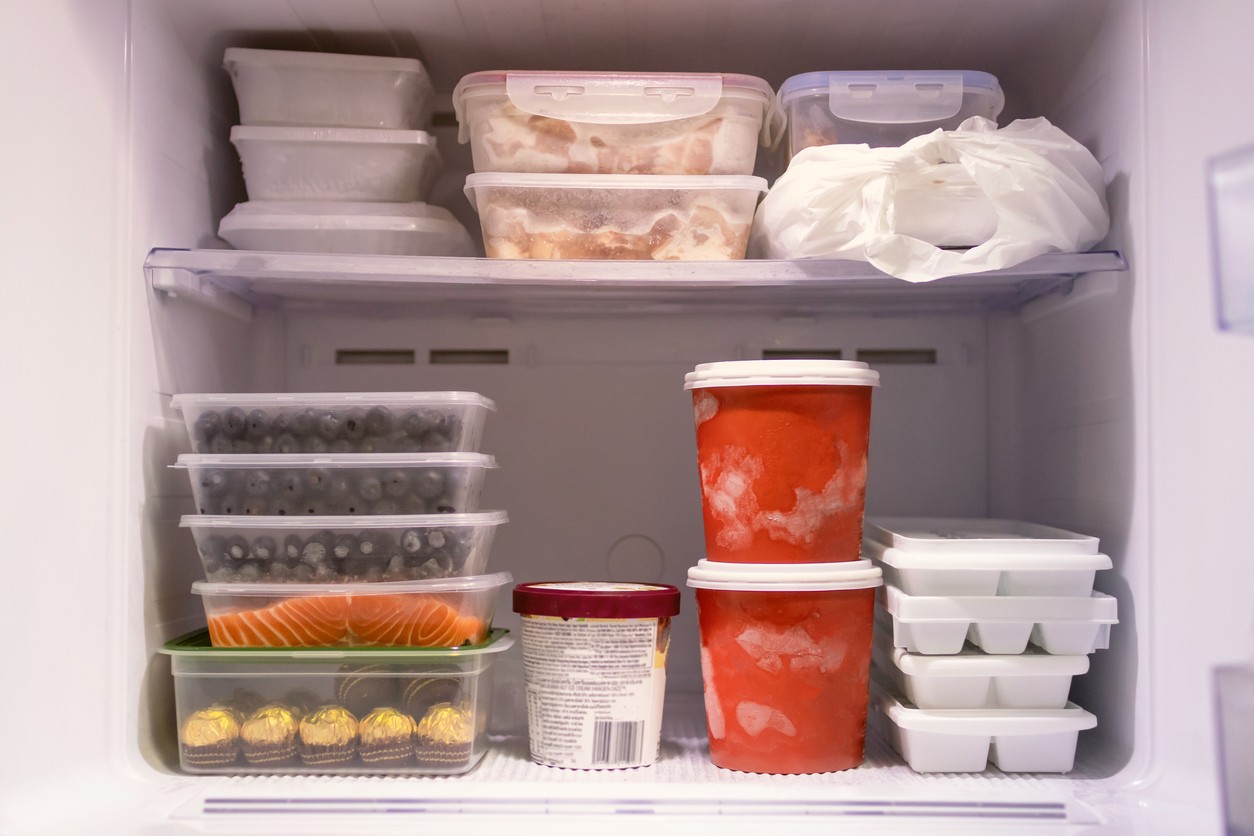 Preparing meals in advance is a great way to save time for when the new baby arrives. From homemade chicken noodle soup to vegetarian lasagna, many dishes can be made in advance and frozen for future meals.
Preparing meals in advance is a great way to save time for when the new baby arrives. From homemade chicken noodle soup to vegetarian lasagna, many dishes can be made in advance and frozen for future meals.
When preparing freezer meals, consider using the slow cooker as it requires minimal stirring, chopping, and prep work. Freeze meals in smaller portions that make them easy to reheat and enjoy for lunch or dinner. Of course, you can prepare breakfast foods and snacks too, such as homemade breakfast sandwiches or fruit popsicles.
6. Start Baby Proofing Your Home
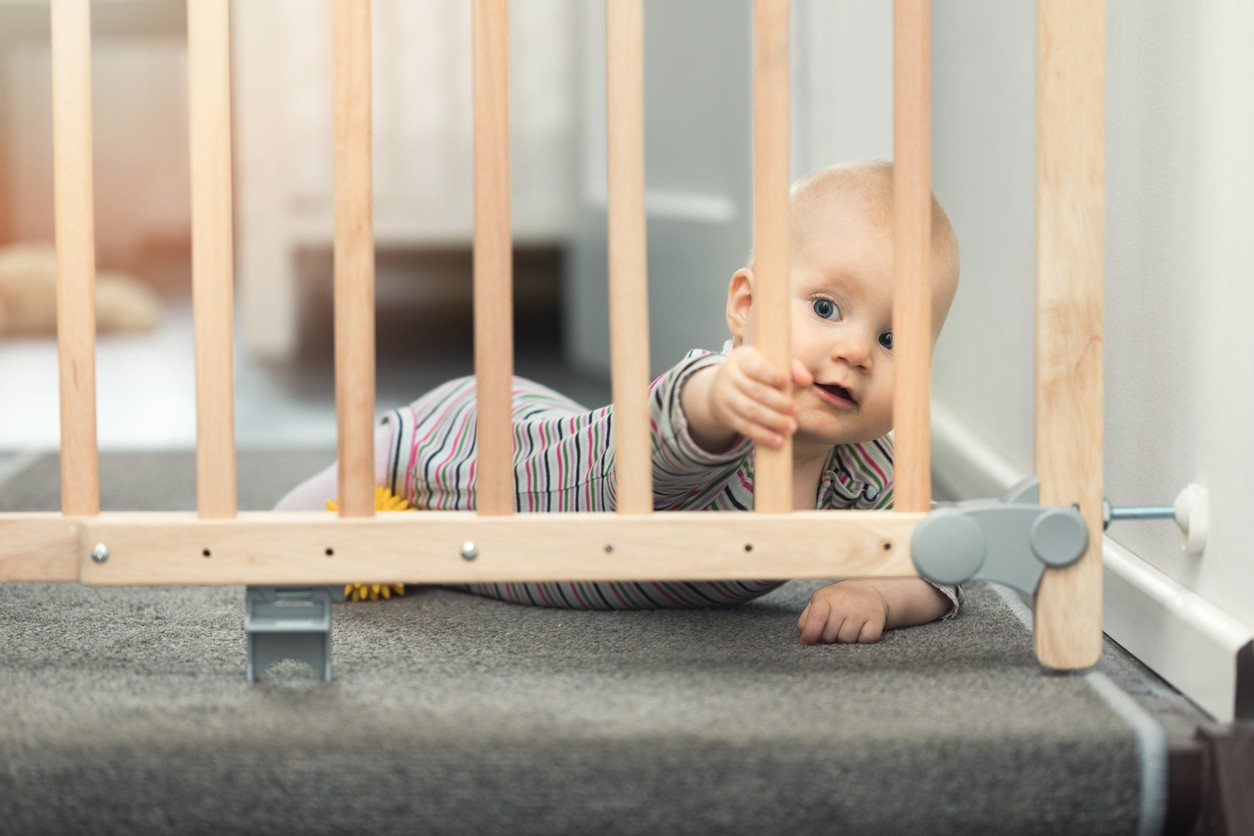 Baby proofing your home is one of the many tasks that expecting parents must complete to ensure the safety of their curious baby and eventual toddler. Go from room to room and consider ways to make the space safer for your little one.
Baby proofing your home is one of the many tasks that expecting parents must complete to ensure the safety of their curious baby and eventual toddler. Go from room to room and consider ways to make the space safer for your little one.
For example, in the kitchen, you’ll want to secure cleaning supplies, as well as sharp instruments like knives and scissors. Use a safety latch to secure the refrigerator and freezer doors. If your stove allows, consider temporarily removing the knobs.
A safety latch can also be used on the toilet in the bathroom. Grooming tools like hair dryers and curling irons should be kept out of reach of little hands.
In the living room, try to mount any larger furniture to the wall. Ensure that rugs have non-skid material on the bottom to prevent slip and fall accidents. You’ll also want to cover electrical outlets, tie up window blind cords, cushion the corners of tables and other sharp edges, and block off staircases and rooms you don’t want the baby to access.
7. Plan Birth Announcements
 Sharing the news of a new baby with friends and family can be very exciting. A birth announcement is a great way to let loved ones know about your new arrival.
Sharing the news of a new baby with friends and family can be very exciting. A birth announcement is a great way to let loved ones know about your new arrival.
When creating birth announcements, there are a few things you’ll want to include, such as a short, sweet introduction and the parents’ names. You’ll also want to include the baby’s full name, birth date, and length and weight at birth.
Personalize your birth announcement with a theme that reflects your family. Consider adding a photo of your newborn to make the announcement a special keepsake.
8. Pack Your Hospital Bag
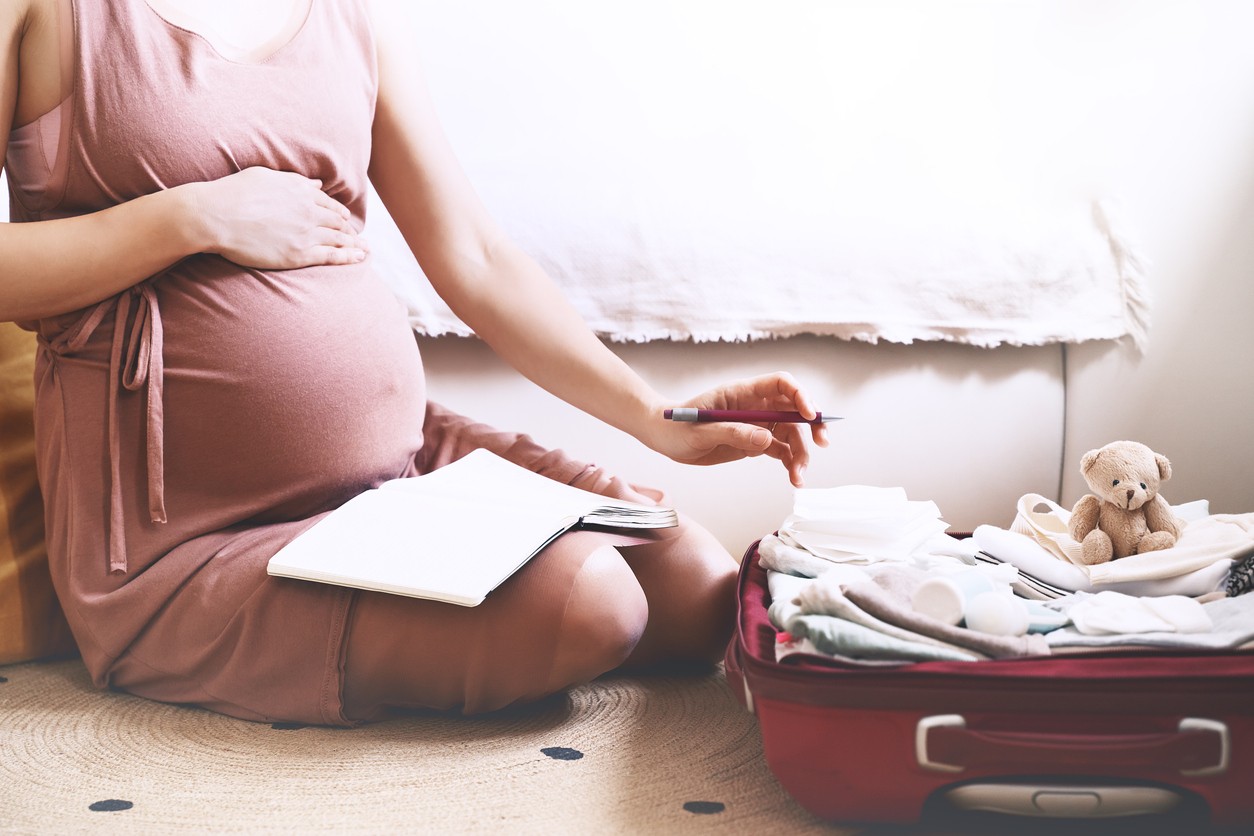 Packing your hospital bag is an important part of preparing for a new baby. You’ll of course want to pack important paperwork, such as a driver’s license, insurance card, and birth plan. You’ll also need comfortable clothing to return home in, basic toiletries, a camera, a phone charger, and a baby book to get your newborn’s first footprints.
Packing your hospital bag is an important part of preparing for a new baby. You’ll of course want to pack important paperwork, such as a driver’s license, insurance card, and birth plan. You’ll also need comfortable clothing to return home in, basic toiletries, a camera, a phone charger, and a baby book to get your newborn’s first footprints.
You’ll also need a few things for the baby, including mittens to prevent scratches on the baby’s face, a special outfit to take pictures and go home in, and a cat seat which must pass the car seat test before leaving the hospital.
9. Financial Planning for a Baby
 It’s normal to be nervous about finances when expecting a new baby. According to the U.S. Department of Agriculture, a middle-income family can expect to spend an average of $233,610 raising a child from birth to age 17.
It’s normal to be nervous about finances when expecting a new baby. According to the U.S. Department of Agriculture, a middle-income family can expect to spend an average of $233,610 raising a child from birth to age 17.
Learning how to financially prepare for a baby doesn’t happen overnight. Ideally, you should have some money saved before becoming pregnant; however, don’t worry if you’re behind. Planning financially for a baby can also happen gradually over the nine months leading up to birth.
Start by building an emerging savings fund. This will act as a safety net to protect your family against unexpected expenses. If possible, pay down debt from credit cards, loans, and other financial obligations.
Financial planning for a baby should also involve creating a household budget. Make a list of all your monthly expenses, as well as anticipated expenses for the new baby like diapers and formula. Put any extra money in your budget towards your savings or debt.
10. Plan a Pregnancy Photoshoot
 While it may seem like your pregnancy is lasting forever, these moments are truly fleeting. One of the best ways to memorialize this special event in your life is with a maternity photoshoot. A pregnancy photoshoot should ideally be scheduled between 28 and 36 weeks, or during the third trimester but not too close to your due date.
While it may seem like your pregnancy is lasting forever, these moments are truly fleeting. One of the best ways to memorialize this special event in your life is with a maternity photoshoot. A pregnancy photoshoot should ideally be scheduled between 28 and 36 weeks, or during the third trimester but not too close to your due date.
One of the biggest decisions you’ll need to make when preparing for maternity photos is wardrobe. Many expecting moms opt for maternity gowns that flatter the body and showcase the bump. A pregnancy photoshoot dress should fit comfortably and make the mom-to-be feel beautiful and confident.
There are many types of maternity dresses to choose from, such as maxi dresses, sheath dresses, shift dresses, and empire-waist dresses. When choosing maternity dresses for photoshoot sessions, consider if you like fitted or flowy, what textures you prefer, and if the dress is appropriate for the season.
At Mama Bump Rentals, you’ll find a wide selection of designer maternity gowns for photoshoot sessions. Rent a maternity photoshoot dress that reflects your unique style and fulfills your vision of the perfect maternity photoshoot ensemble.

